From healthcare to social media, Artificial Intelligence has revolutionised technology and made huge changes to our everyday lives. The integration of AI into daily life, will also impact judicial considerations. How will AI affect the legal system, and will it replace lawyers completely?
On one hand, the use of AI-backed tools is boosting efficiency in the legal field. It can organise and summarise documents, increasing accuracy and save precious time and effort. According to Thomson Reuter’s ‘Future of Professionals’ report, AI could save lawyers “4 hours per week while generating $100,000 in new billable time per lawyer annually”. Many firms are taking advantage of 24-hour AI chatbots that can assist clients with their legal issues all hours of the day. This can enable lawyers to use their time for more serious and detailed matters.
Stu white at the Law Society argues that AI can: “analyse historical data to forecast the outcomes of cases”, which allows lawyers to predict the likelihood of winning cases and provides strategy planning for court dates. AI could potentially be helpful and reduce bias in the courts of law and reduce the risk of discrimination, relying on the hope that the tools possess the information needed to do this. Dario Modei, an AI tech wizard, states that “it is the first technology capable of making broad, fuzzy judgements in a repeatable and mechanical way.” AI has already been so helpful for lawyers, but will it become too good and threaten legal jobs?
With AI’s ability to process vast amounts of data rapidly, lawyers may see their roles become less and less significant. Whilst AI is not yet capable of contemplating context, building relationship with clients and possessing the humanity required to make these choices, what is to say the technology won’t be able to do this over time? Some entrepreneurs interviewed by Forbes believe that once AI can download and analyse all the data it needs to comprehend bias and emotion, the only role of lawyers will be to oversee how it is running and double-check choices made by it “they’ll probably end up being the supervisors, ensuring the AI operates correctly when preparing briefs.”.
According to Keyan Hartley, a senior solicitor at Manchester Metropolitan University, one of the most obvious risks the “impact on confidentiality, and data protection”. There could be instances of data leaks and confidential information compromised because of improperly encrypted AI. He said that as more tools are created and embedded into daily life, there is a: “high chance of this happening”. However, he declared the software named “RAVN” that can “scan thousands of documents in seconds” is an amazing example of a promising application, as it is able to complete tasks quickly that would have taken “10 lawyers a full month” of focused dedicated work. Although Hartley said AI wasn’t currently affecting his job significantly, he believes that in the next five years (or less) “we will be using AI daily to undertake a variety of legal tasks.
Most importantly, how can we make sure that AI’s role in the legal system will keep us safe? We can’t. Not to reference Terminator or anything but we cannot predict the future and who’s to say the machines we create won’t take over everything. AI is a new and untested concept, completely unpredictable and even a little scary. We can’t say when and how it will change everything, if it even will at all.



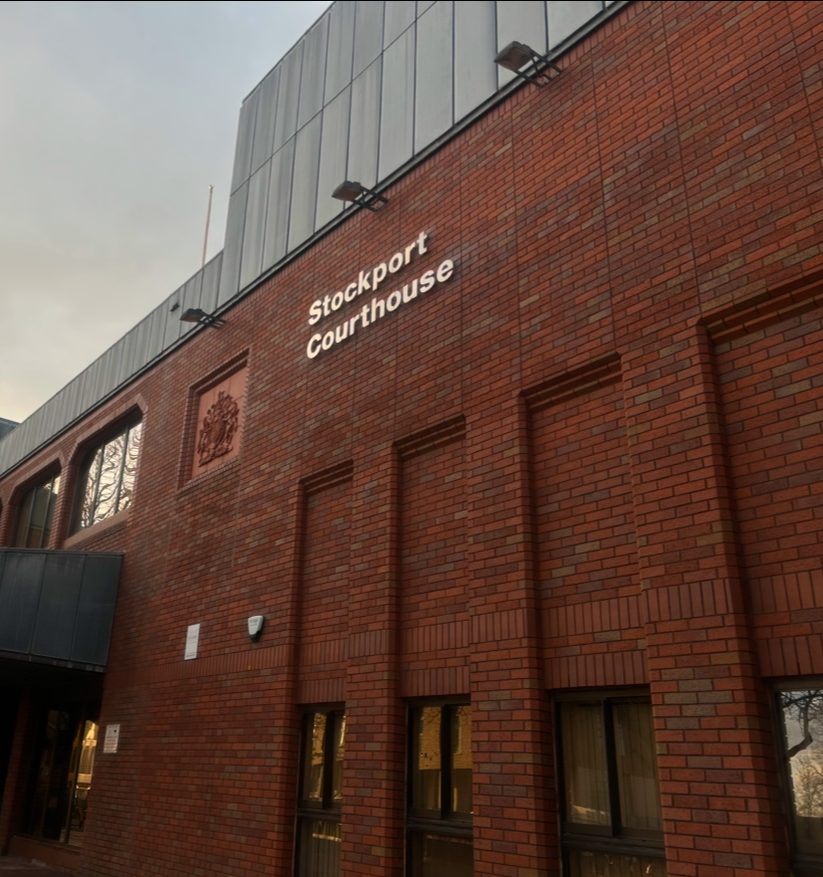
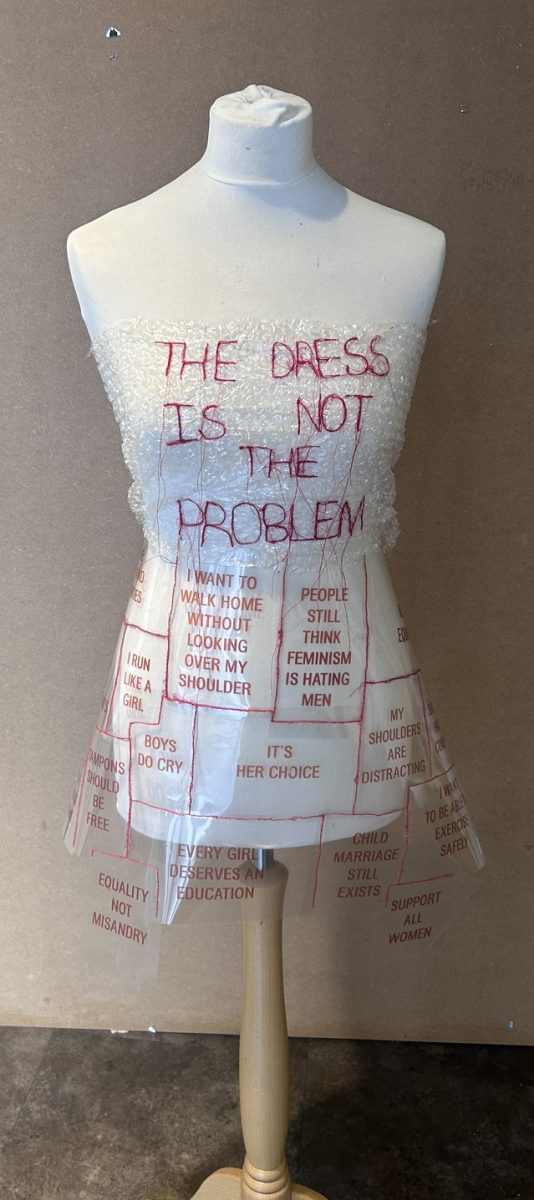

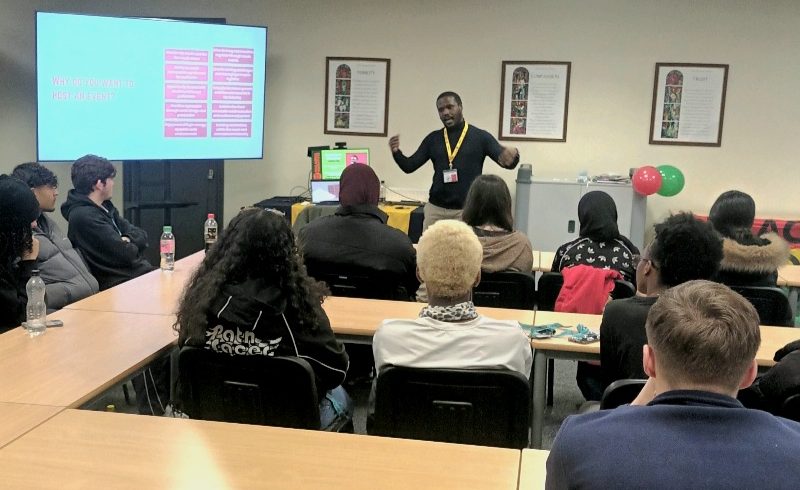


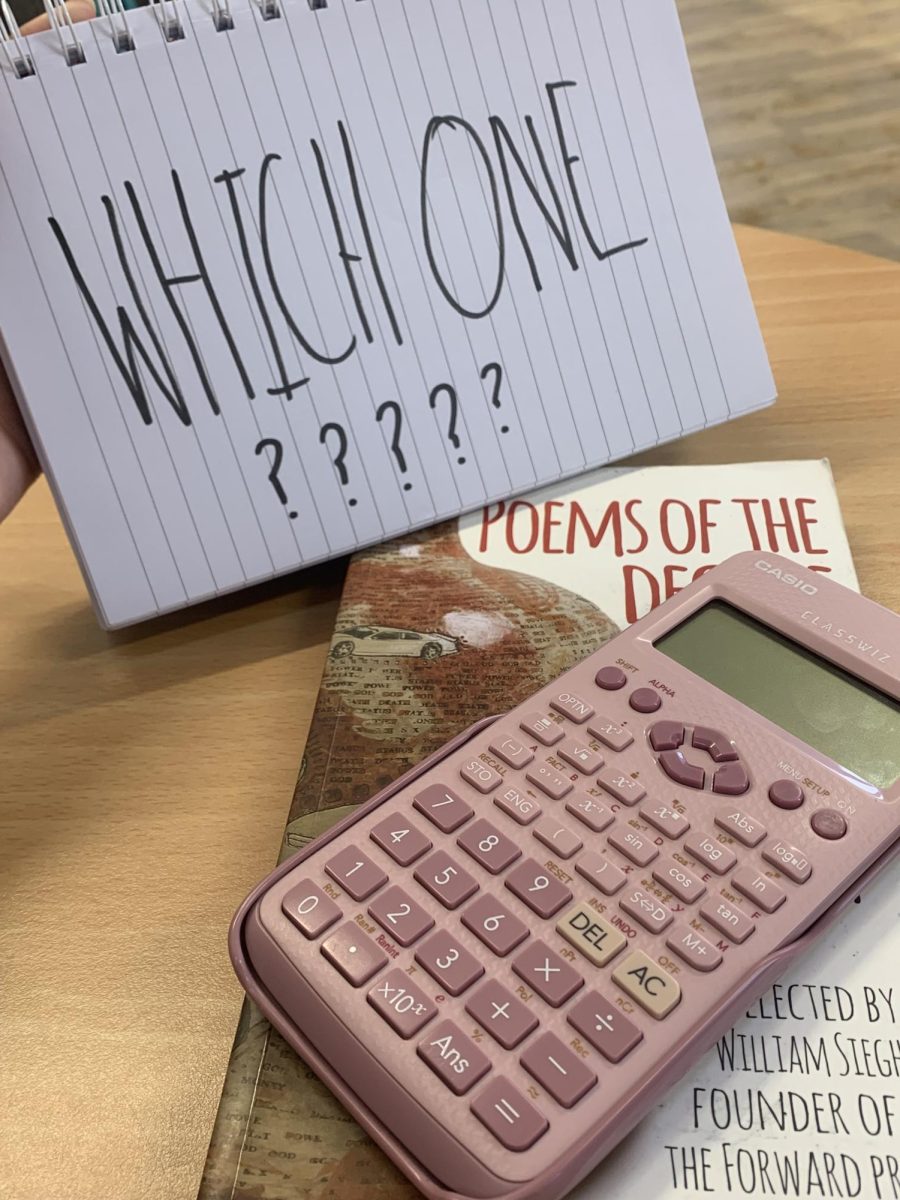


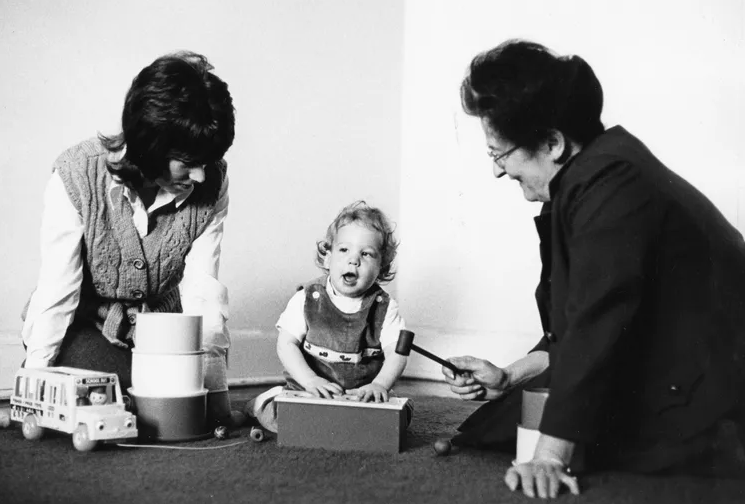


















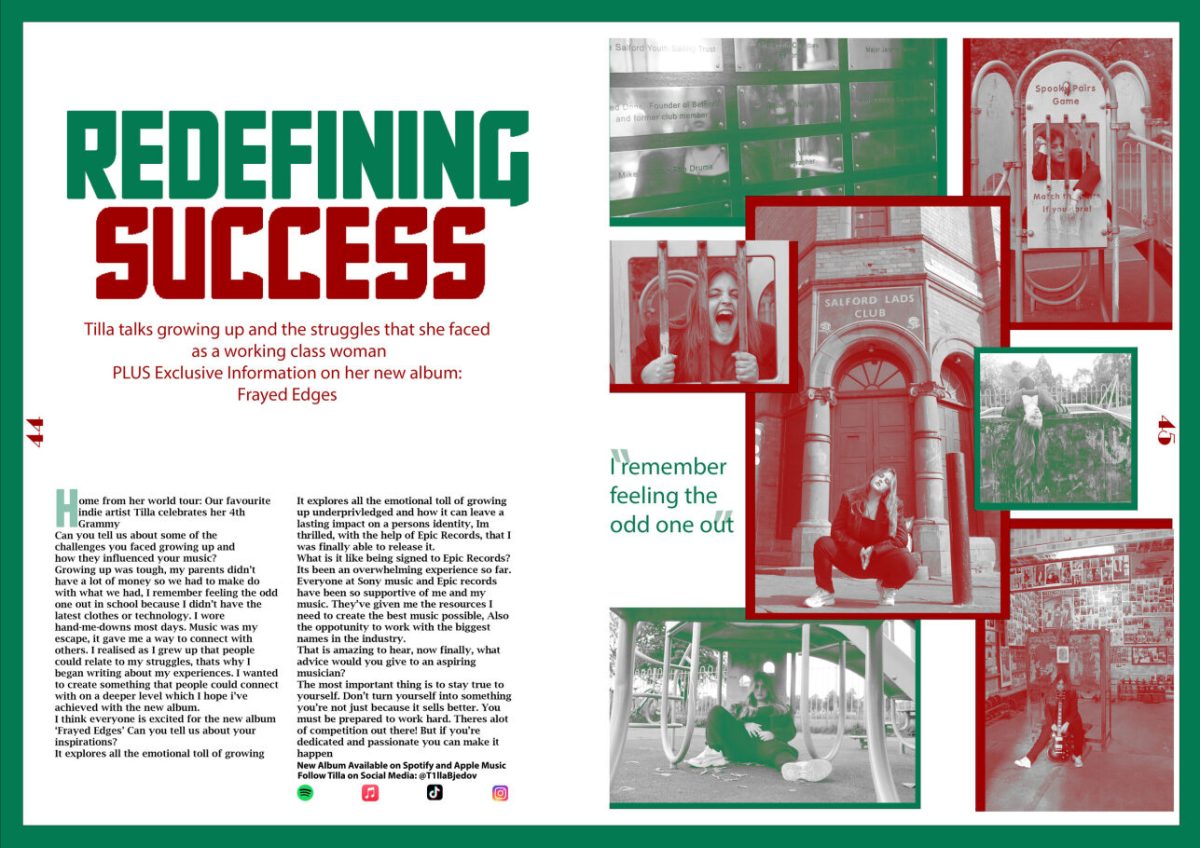






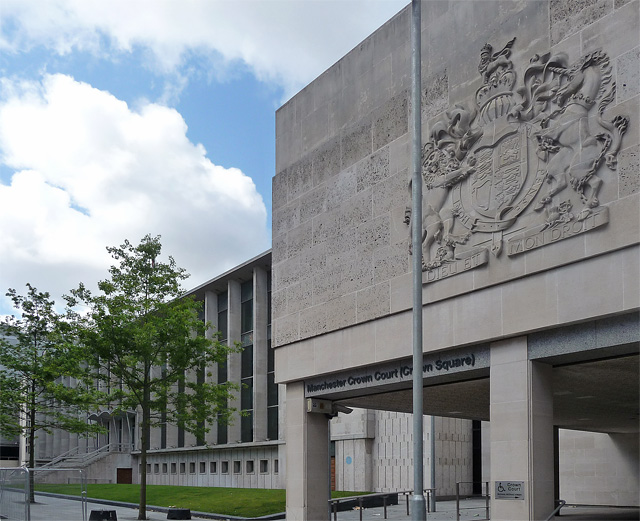
Olivia • Jun 24, 2025 at 7:35 am
this article proved a point that we as a community haven’t thought about. its a good article that creates awareness to our evolving society
haidar javed • Apr 1, 2025 at 3:02 am
intresting read.